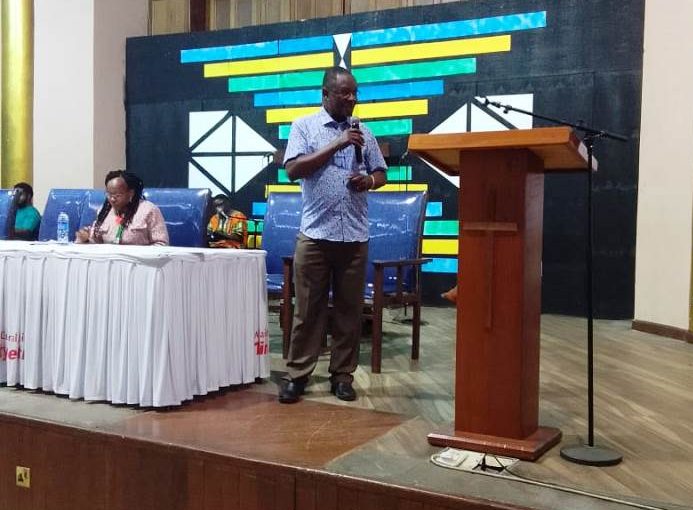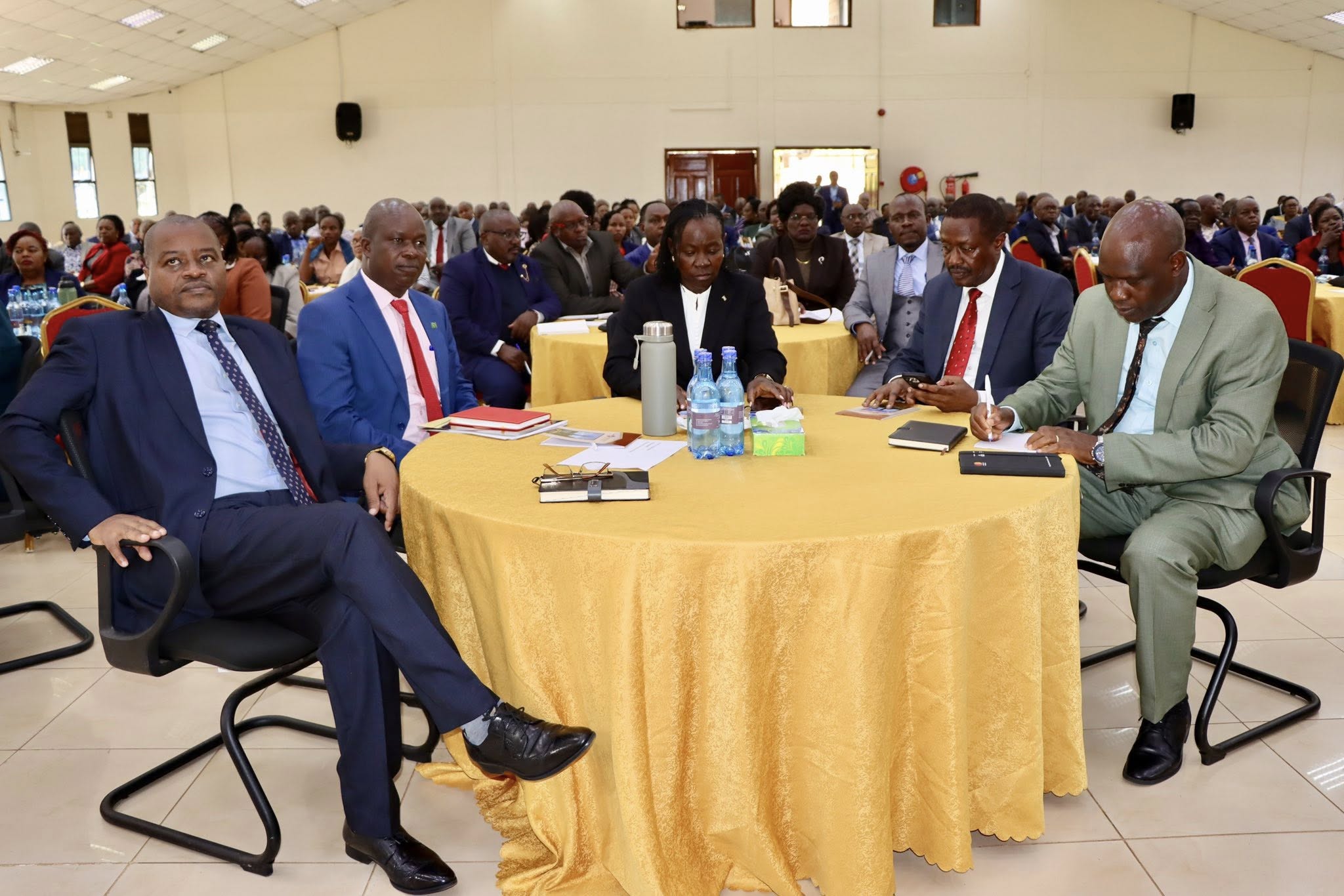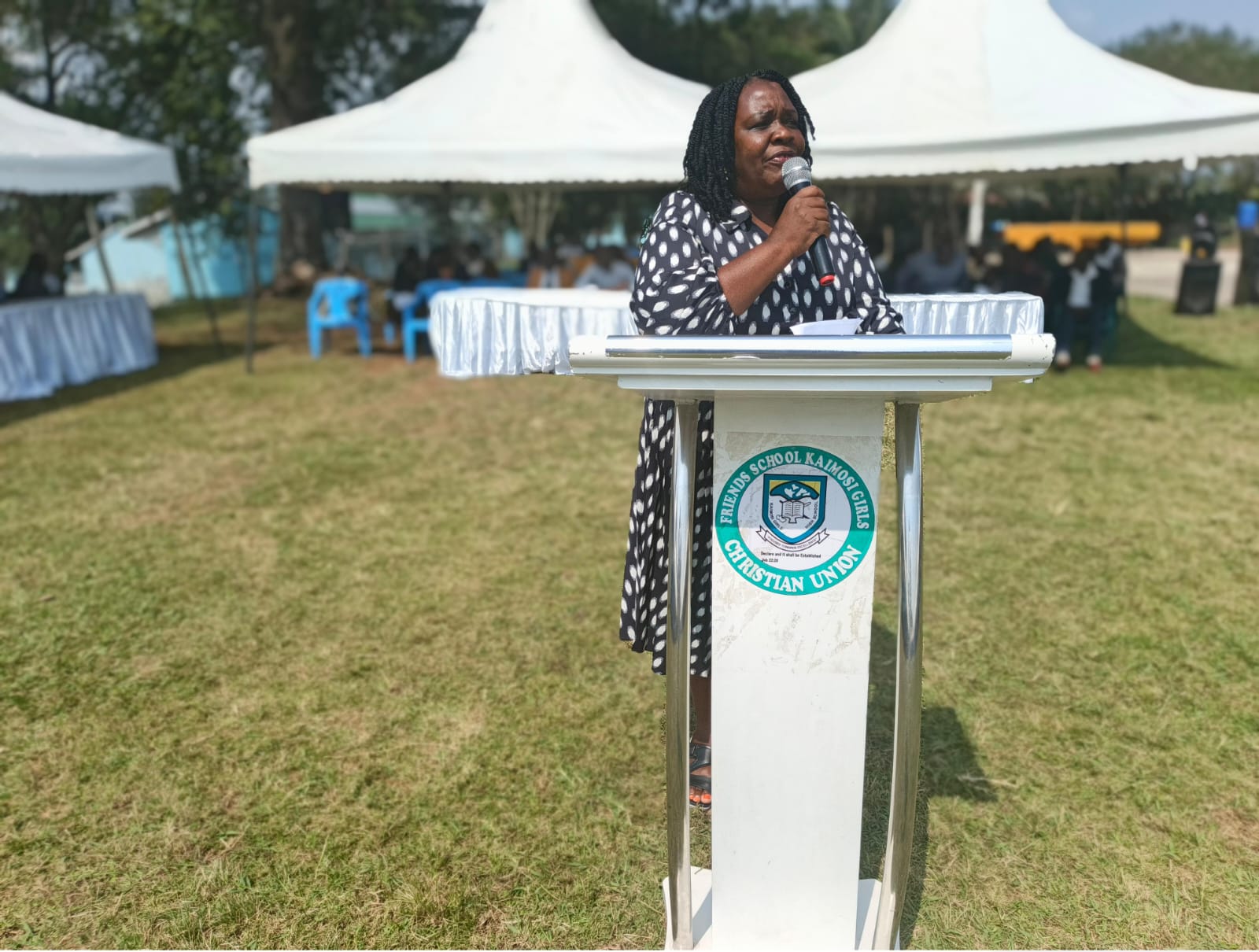Moi University lecturer and Busia County Education Board chairperson, Prof. Okumu Bigambo, has called on teachers to abandon the culture of rushing through the syllabus and chasing mean grades, warning that the trend undermines true learning.
Speaking during an education stakeholders’ forum, Prof. Bigambo said the obsession with finishing the syllabus quickly and raising examination averages risks producing learners who lack a solid grasp of the subjects they study.
“Teachers should not be in a hurry to simply finish the syllabus or surpass mean grade targets, what matters most is ensuring that students have the time to understand, internalize and apply what they learn. Without this, education becomes shallow.” He said
The professor observed that in many schools, teachers are under intense pressure from administrators and parents to deliver strong results in national examinations. While such pressure often boosts mean grades, he noted, it also encourages a culture of drilling and memorization, leaving students ill-prepared for higher levels of learning and life beyond school.
ALSO READ:
He urged educators to embrace a learner-centered approach that allows time for reflection, critical thinking, and creativity. “We should not reduce education to mere statistics. A higher mean grade is meaningless if learners cannot apply the knowledge in real-life situations,” Prof. Bigambo added.
His comments come at a time when debate continues over the quality of education in Kenya, especially with the rollout of the Competency-Based Education (CBE). Education experts argue that CBC seeks to shift focus from exam performance to mastery of skills, creativity, and problem-solving goals that align closely with Prof. Bigambo’s message.
As chairperson of the Busia County Education Board, Prof. Bigambo pledged to continue working with schools, parents, and the Ministry of Education to strengthen teaching approaches that nurture well-rounded learners. He emphasized that true success in education should not be judged by exam scores alone, but by the ability of students to think critically, solve problems, and contribute meaningfully to society.
By Godfrey Wamalwa
You can also follow our social media pages on Twitter: Education News KE and Facebook: Education News Newspaper for timely updates.
>>> Click here to stay up-to-date with trending regional stories
>>> Click here to read more informed opinions on the country’s education landscape






